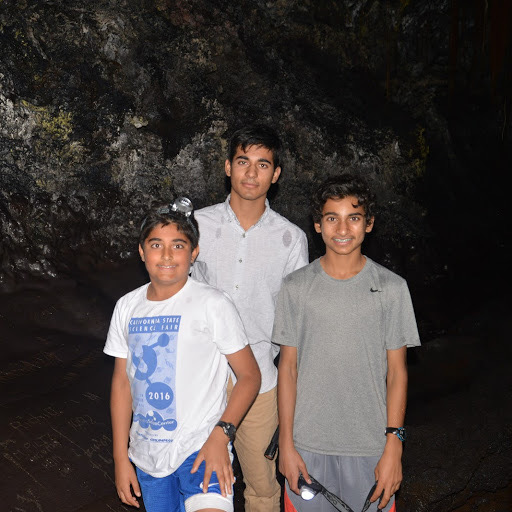Hello, my name is Suraj Anand and I am a current Senior at Palos Verdes Peninsula High School. Welcome to my website. 😉


Palos Verdes Peninsula
Hello, my name is Suraj Anand and I am a current Senior at Palos Verdes Peninsula High School. Welcome to my website. 😉

After a close friend’s grandfather died of lung cancer caught too late, I investigated lung cancer diagnosis procedures and found that intelligent techniques might improve efficacy. To more accurately assess lung cancer risk and predict cancerous nodules, I engineered an AI algorithm. Building on current literature, I used personalized patient traits to better model individual risk.
I utilized a variation of Google’s Wavenet in addition to hardware beamforming on Raspberry Pi to separate speech from babble and machine noise, thereby improving hearing aid technology.
After scouring articles on grafts and skin-tension lines, I learned that people’s faces follow a structural geometry, with fixed proportions between the nose, eyes, ears, and chin. Using this information, I began developing an algorithm. Following numerous roadblocks, including incomplete information and code bugs, I completed a tool for automated skin-tension line detection: an artificially intelligent neural network that detects facial landmarks, followed by statistical techniques to draw skin-tension lines on patient photos. Partnering with Dr. Sayadi of UCI, I integrated this software into an app to help surgeons perform skin grafts with better results.